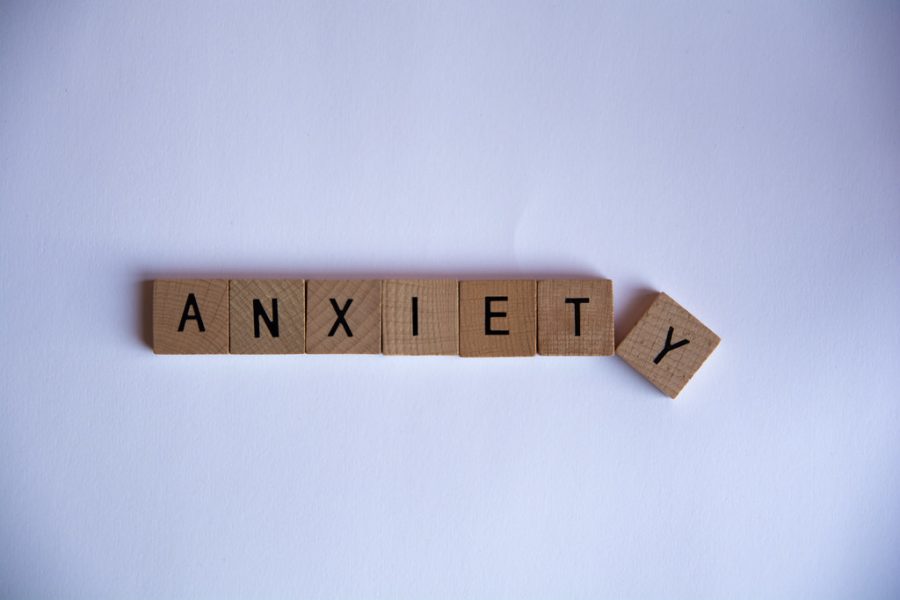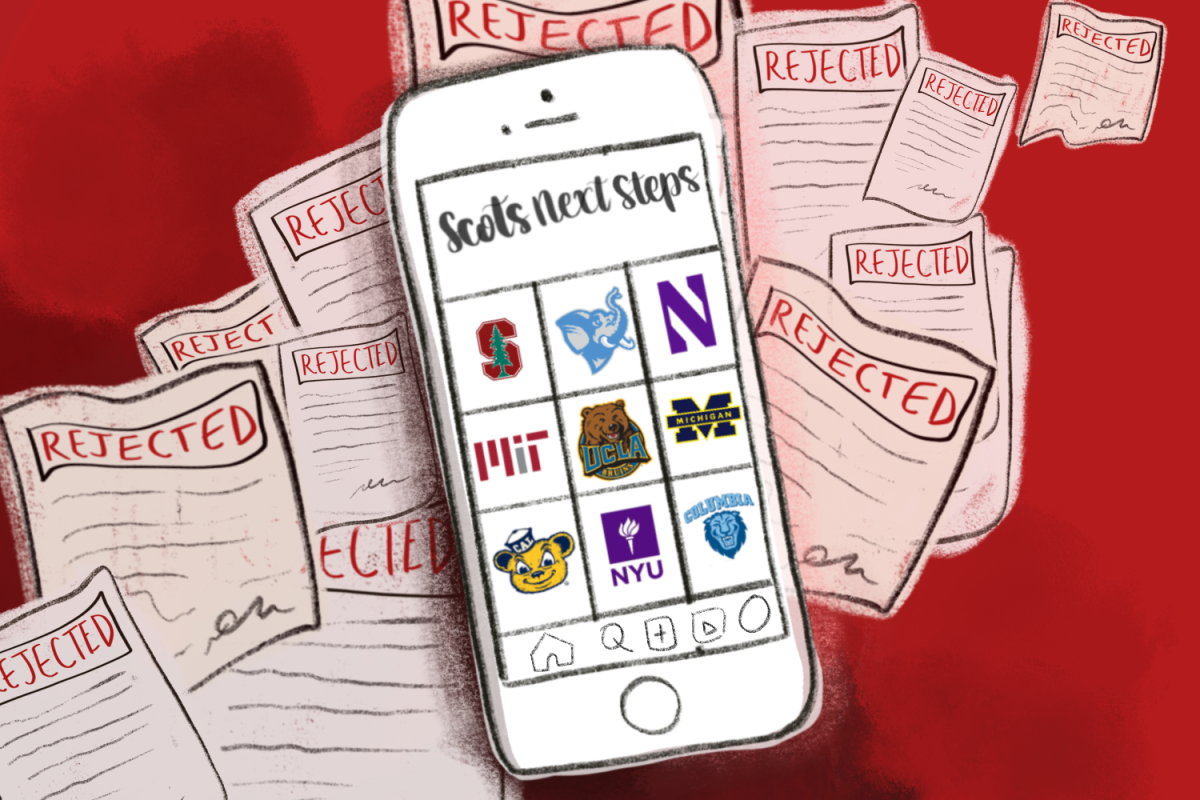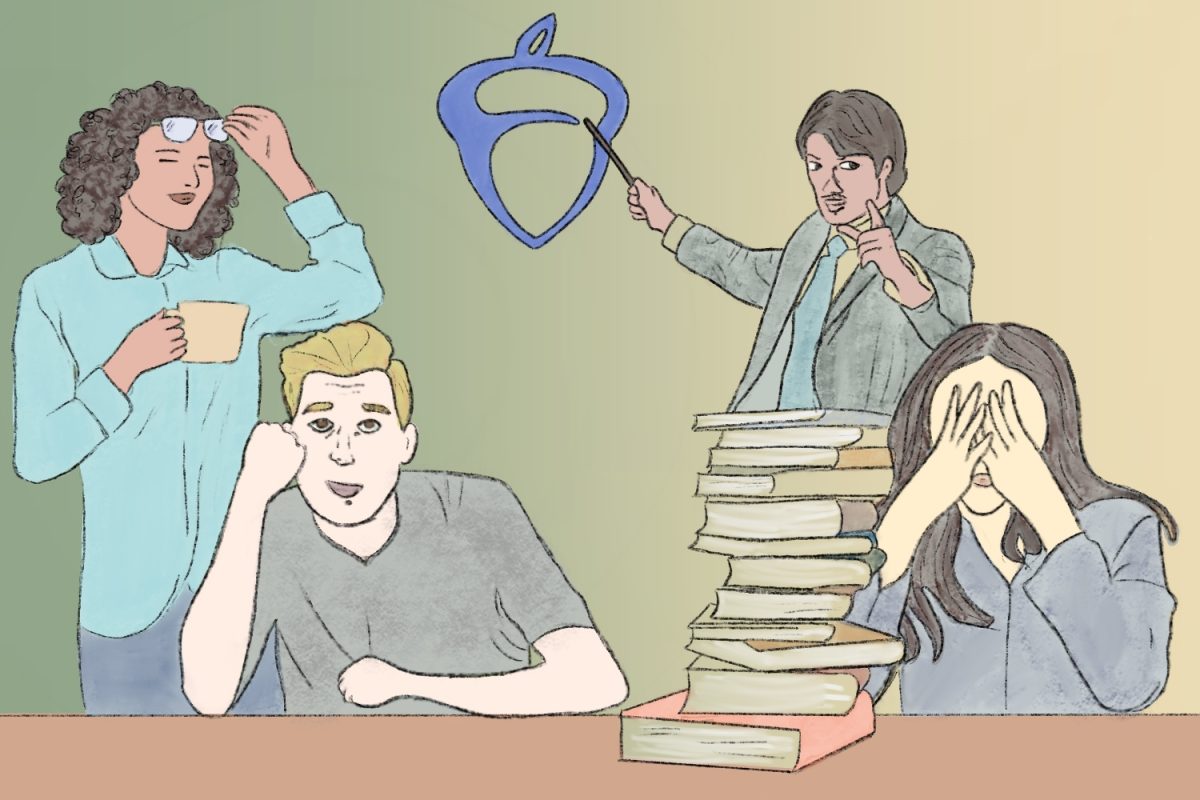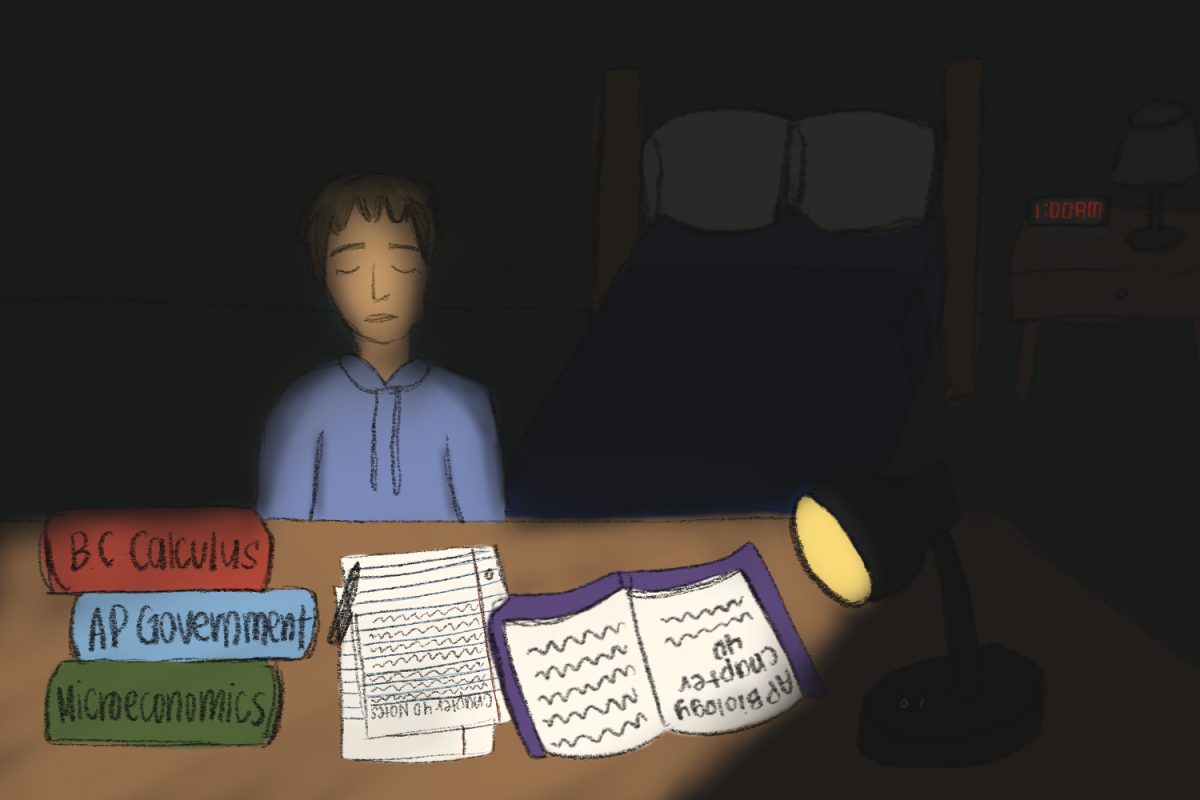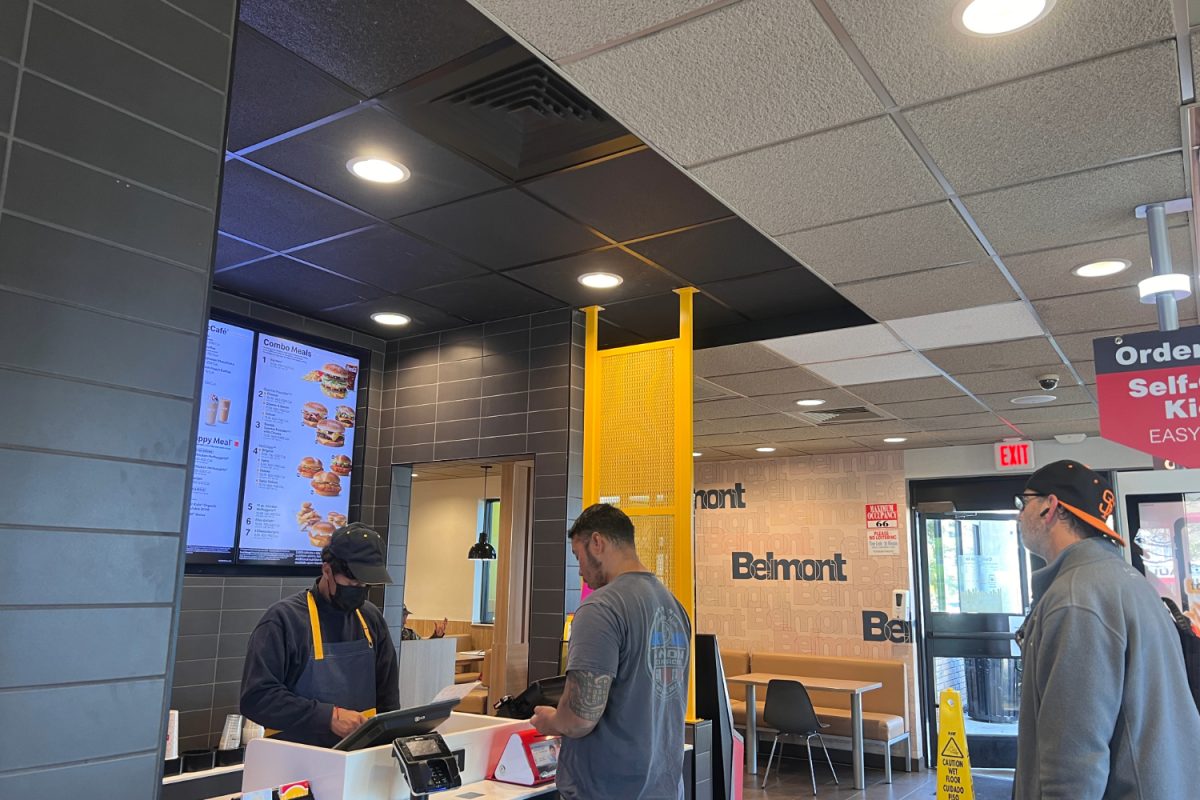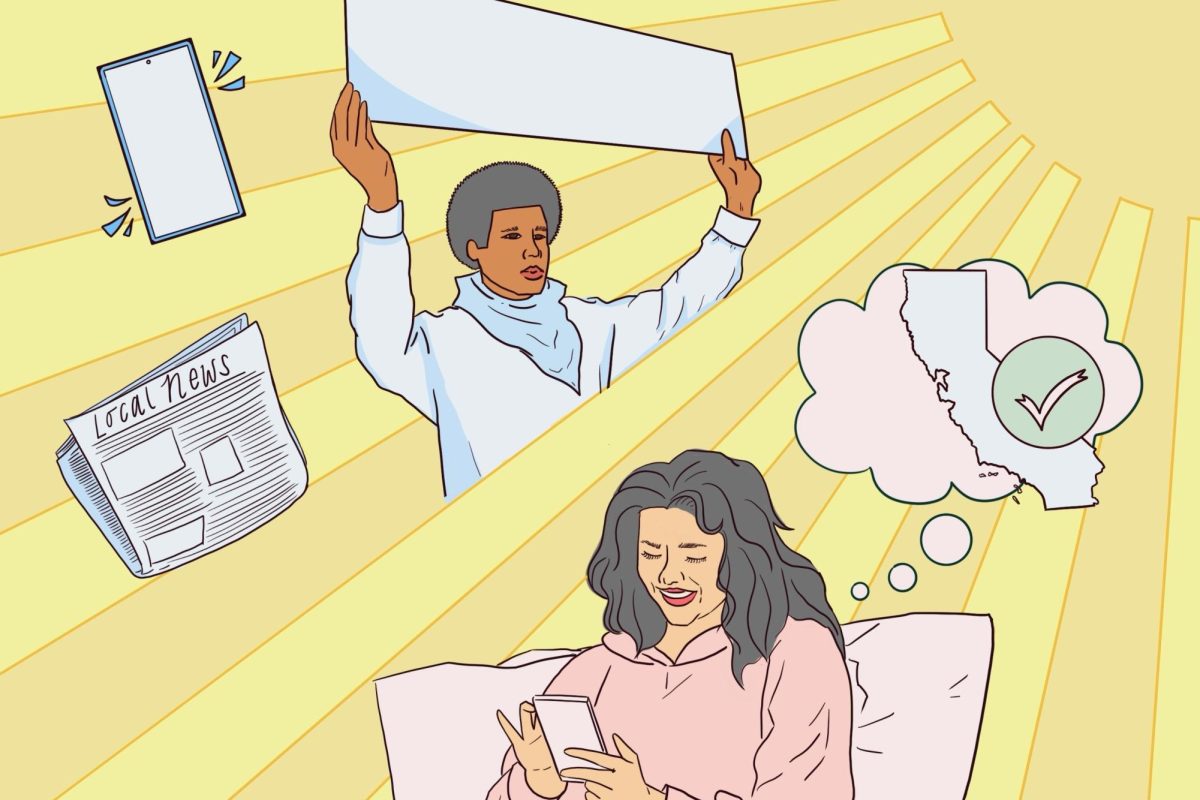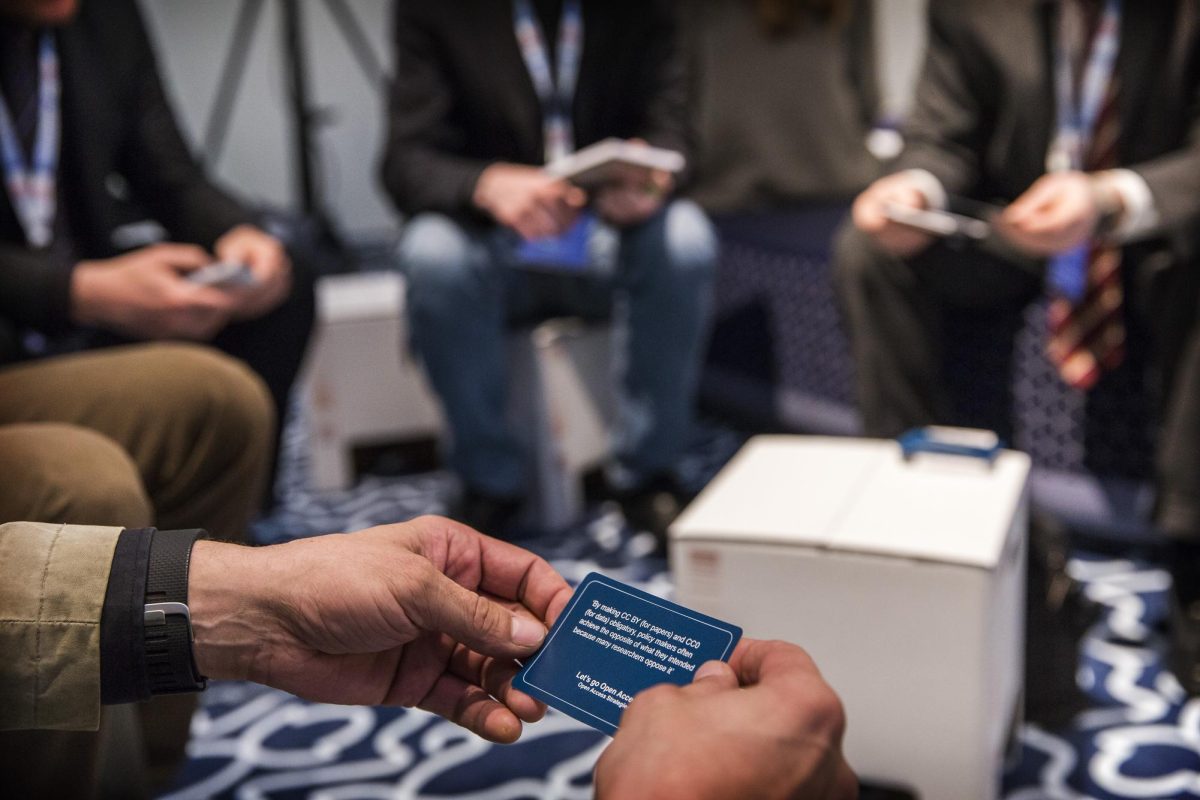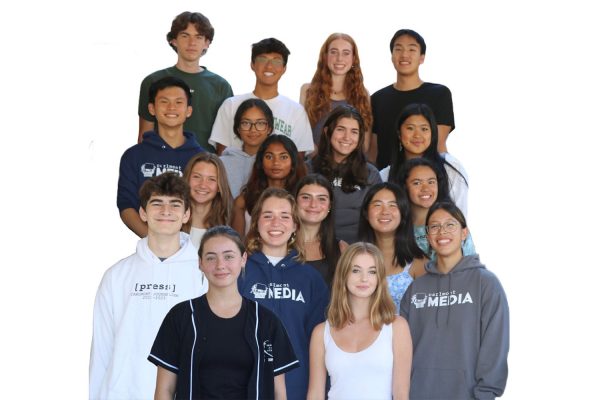Earlier this week, the U.S. Preventative Services Task Force, a government-appointed health panel, posted their final recommendation that kids ages eight and up should be screened for anxiety.
While the task force holds no regulatory authority, they provide draft guidelines for health care providers, and this particular proposal has made national headlines; their recommendations heavily influence clinicians and pediatricians.
It’s the first time the task force has advocated for anxiety screenings in wellness checks, but given the emerging mental health crisis in adolescents and children, it’s both pertinent and necessary.
Children and adolescents are experiencing worsening mental health states, and the COVID-19 pandemic has only served to exacerbate this phenomenon. According to an article published on the JAMA network of peer-reviewed journals, research conducted on 80,000 youth globally found that depressive and anxiety symptoms doubled during the pandemic. The CDC saw a 31% increase in adolescent mental health-related emergency room visits from January 2020 to October 2020, and 37% of high school students reported poor mental health during the pandemic.
Despite a near increase of 1.5 million children struggling to get through the day, little action has been taken.
Consequently, substantial gaps remain.
It starts with acknowledging that the U.S. has a fundamentally flawed youth mental health system. Anxiety caught at younger ages can often lead to proper preventative measures, and intervening is most effective when symptoms are mild to moderate, before more harmful behavioral patterns emerge. And yet, lack of accessibility and the stigmatization of anxiety means adolescent mental concerns often go untreated.
The stakes of untreated mental health issues are too high to gamble, with far-reaching effects and long-term ramifications on a child’s development.
So yes, screening for anxiety is a good second initiative. But it can’t end there.
They’re not intended as the end-all, be-all. They’re preliminary screenings designed to flag symptoms and start conversations, not act as a diagnosis.
It’s imperative that screenings are followed up by additional assessments and treatment to evaluate the extent of anxiety and the level of support the patient requires, but more often than not, the latter half of the solution doesn’t see the light of day.
Our mental health workforce is woefully understaffed, and a massive shortage of behavioral and mental health care specialists leaves long-ranging equity and access issues. Despite the federal government investing over $15 billion annually in physician distribution across the country, only 1/500th of that is going toward the mental health workforce.
We need substantially increased funding for mental health care, and the separation of physical and mental care has created unequal standards and driven gaping chasms that will be difficult to narrow. Still, we have an opportunity to make a commitment to alleviating the mental health crisis that continues to take our world by storm.
By bringing attention to the issue and destigmatizing open conversations on anxiety, a well-functioning mental health system provides adequate mental health provisions for children experiencing anxiety and depression and underscores how vital mental health is to a child’s well-being.
Screenings are only the beginning.
*This editorial reflects the views of the Scot Scoop Editorial Board and was written by Marrisa Chow. The Editorial Board voted 9 in support, 2 somewhat agreed, and 1 did not vote.

